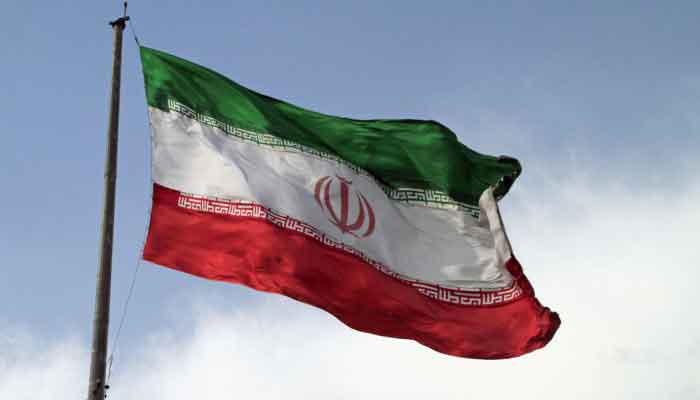Iran remains on FATF blacklist for not doing enough to counter 'terrorist financing risk'
February 22, 2020

The Financial Action Task Force (FATF), the global anti-money laundering watchdog, on Friday put Iran on its blacklist after Tehran failed to comply with international anti-terrorism funding norms, reported The News.
The move from the global terror-financing and money-laundering watchdog came after Tehran failed to meet the deadline set by FATF in its October meeting. FATF in its plenary in October had given Iran a final deadline to comply with international norms after which “it would urge all its members to apply countermeasures”.
“The FATF fully lifts the suspension of counter-measures and calls on its members and urges all jurisdictions to apply effective counter-measures,” the watchdog said in a statement published on its website Friday, international media reported.
In a statement issued after a meeting in Paris, FATF said it was rescinding a suspension of the measures, granted in 2016, to give Tehran time to work on reforms.
Read also: FATF retains Pakistan on grey list till June 2020
According to FATF, Iran will remain on the FATF statement on (High Risk Jurisdictions Subject to a Call for Action) until the full Action Plan has been completed. If Iran ratifies the UN’s 2001 Palermo Convention against organised crime and the Terrorist Financing Conventions in line with the FATF standards, the FATF will decide on the next steps, including whether to suspend countermeasures.
It also urged FATF member states and "all jurisdictions to apply effective counter-measures".
“Until Iran implements the measures required to address the deficiencies identified with respect to countering terrorism-financing in the Action Plan, the FATF will remain concerned with the terrorist financing risk emanating from Iran and the threat this poses to the international financial system.”
The FATF said in the statement that it has recognised the progress of Iran’s legislative efforts to implement anti-money laundering and countering financing terrorism polices.
Responding to the financial watchdog’s decision, Abdolnasser Hemmati, the Central Bank of Iran’s Governor, discounted the FATF move, saying “it won’t pose any obstacle to Iran’s foreign trade and stability in currency rates”.
Iran is alone with North Korea on an FATF blacklist, which severely restricts their access to loans and international aid. The agency has 37 nations and two regional organisations as members.
Read also: Pakistan delegation in Beijing for important FATF meeting
Pakistan to remain on grey list till June 2020
The watchdog also announced that it was retaining Pakistan on the 'grey list' till June, giving it another four months to fully comply with the goals.
"Pakistan’s political commitment has led to progress in a number of areas in its action plan, including risk-based supervision and pursuing domestic and international cooperation to identify cash couriers," it said in its statement.
Most of the FATF's member states voted in favour of keeping the country on the grey list for now and monitor progress on the new targets in the June plenary meeting.
"Pakistan should continue to work on implementing its action plan to address its strategic deficiencies," it added, urging the country "to swiftly complete its full action plan by June 2020".
Pakistan has vowed to achieve the remaining targets and has set up a strategy in this regard, it added.











